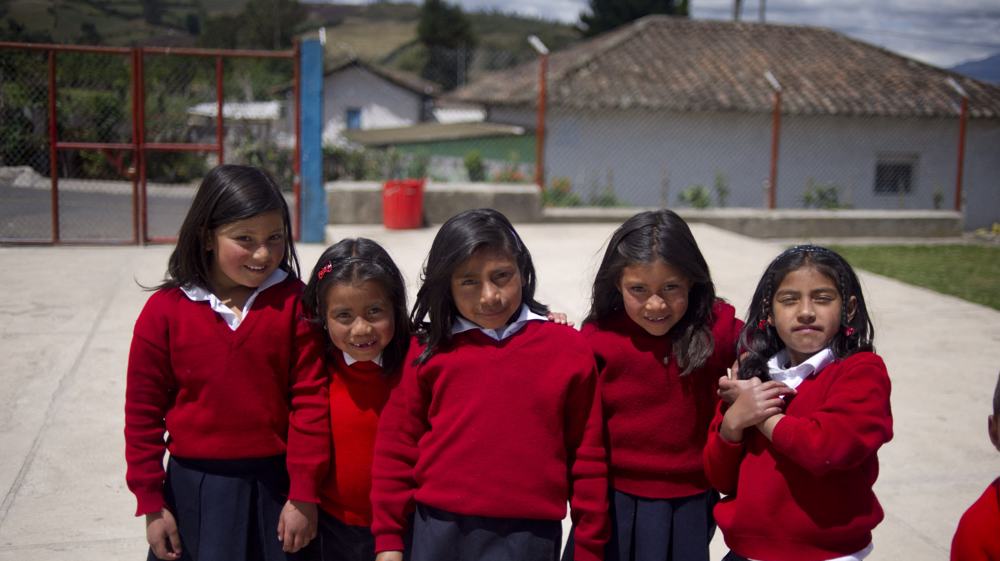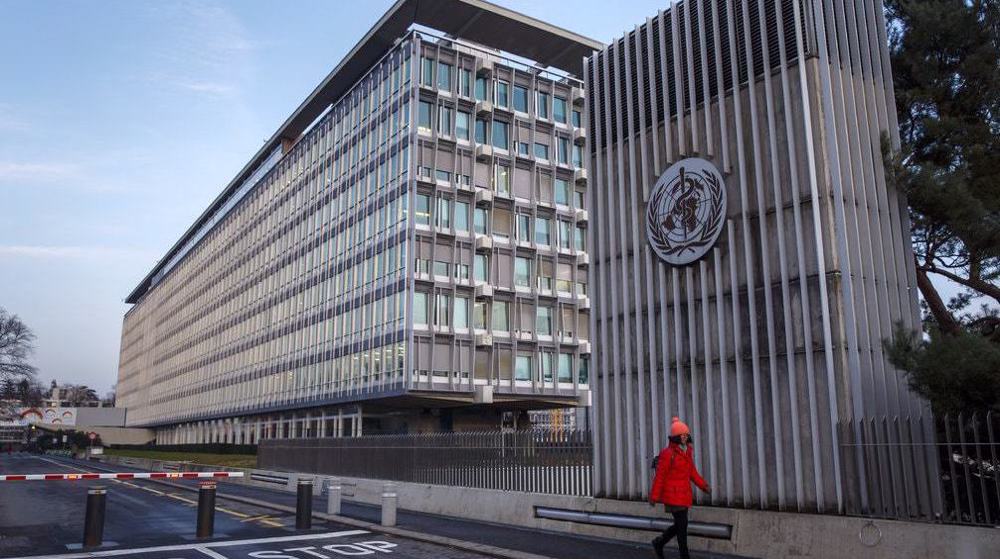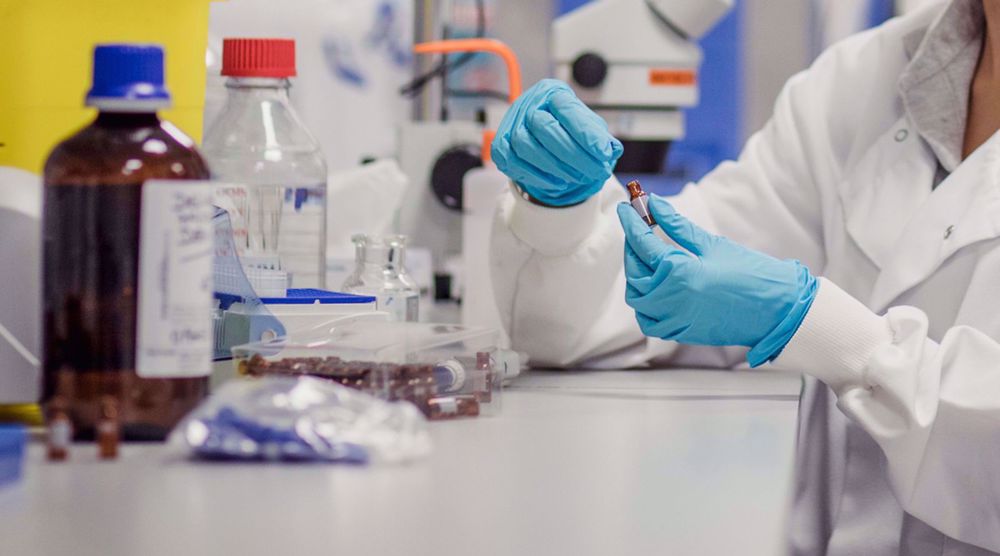Europe remains 'in the eye' of coronavirus storm: WHO
The World Health Organization's European office says that despite certain "optimistic signs" in some of the countries worst hit by the new coronavirus, the number of cases is rising and approaching one million in the continent alone.
"We remain in the eye of the storm,"the WHO regional director for Europe, Hans Kluge, told a news conference on Thursday, noting that about half of worldwide confirmed cases were in Europe.
Kluge noted they had seen positive signs in terms of "declining numbers" in Spain, Italy, Germany, France and Switzerland.
However, he said the "positive signals" in some countries were overshadowed by sustained or increased levels in other countries, such as Britain, Turkey, Ukraine, Belarus and Russia.
As some European countries have started to ease certain restrictions put in place to curb the spread, Kluge urged countries to make sure that control mechanisms were in place.
"It is imperative that we do not let down our guard," Kluge said.
Before easing restrictions, Kluge said countries needed to make sure evidence showed that transmission was under control.
Countries also needed to ensure that healthcare had the capacity "to identify, isolate, test, trace contacts and quarantine."
Kluge also stressed that risks needed to be minimized in high-vulnerability settings, such as retirement homes and areas where people live in crowded places.
Workplaces also needed to take preventative measures, and countries needed to manage importation risks, Kluge added.
If countries could not ensure these criteria, Kluge urged them to "please re-think."
On Wednesday, Denmark became the first country in Europe to start reopening schools, while Finland lifted a travel blockade on the Helsinki region.
Austria, Italy and Spain have also allowed some businesses to reopen.
South African doctors design 'box' to prevent infection
Eyes narrowed in focus behind her face shield, doctor Jana Du Plessis kept a steady hand as she inserted a tube down the throat of a dummy, working through the lid of a plexiglass box.
Du Plessis, a doctor at Johannesburg's Charlotte Maxeke public hospital, practiced moving around a newly-designed isolation device to protect healthcare workers from coronavirus patients.
The "intubox" is the brainchild of four local doctors inspired by a similar "aerosol box" used in Taiwan for sedated and intubated patients.
The South Africans added holes to the original design as well as covers for the openings, creating a protective, transparent but accessible box intended to shield workers from dangerous respiratory droplets.
"This box will create a seal around the patient so that whatever further procedures are needed will happen inside the box," she explained, maneuvering tubes and drips through circular side flaps.
Doctors across South Africa are bracing for a potential surge in critically-ill patients as the number of infections continues to rise.
More than 2,500 cases have been detected, the highest in Africa, including 34 fatalities.
Less than 10 patients have been admitted to intensive care so far.
"At the moment we don't have a lot of serious cases," said ICU specialist Abdullah Laher. "But we don't know what's going to happen in the future."
The predominance of milder COVID-19 infections has provided some time for hospitals to prepare and distribute protective equipment to staff, particularly those working in intensive care units.
"Sicker patients are potentially more virulent," Laher explained. "If they cough or splutter they are likely to exude more virus into the atmosphere."
The box covers only the top part of the body, from the shoulders upwards.
South African companies have sponsored a first batch of 500 "intuboxes" for public and private facilities in Gauteng, the most populous and worst-hit province so far.
The devices costing under $200 (183 Euros) each. There are plans to manufacture another 1,000 such boxes for distribution around the country.
Dr. Feroza Motara, who heads the emergency department, said there had been huge interest from abroad and the "intubox" patent will be open to international manufacturers.
"I have had people from America enquiring, from Dubai and from the rest of Africa," said Motara.
But she also cautioned against using the box as a replacement for personal protective equipment, which is in dire shortage in most countries.
"The box doesn't mean that you forget everything else."
Like most public hospitals, Charlotte Maxeke teaching hospital has relied heavily on donations to pull together a small stock of face masks, goggles and plastic aprons.
Staff had been concerned about running out and eventually catching the respiratory disease.
Russia to spend nearly $27 billion on anti-crisis measures: Minister
Russia is set to spend more than 2 trillion roubles ($26.96 billion) on its anti-crisisprogram to counter the effects of the coronavirus pandemic, Economy Minister Maxim Reshetnikov said on Thursday.
Russia has so far recorded 27,938 cases and 232 coronavirus-related deaths. Moscow and several other regions have imposed lockdowns to stem contagion.
Spain's death toll from coronvirus rises to 19,130: Health ministry
The total number of people who have died from the new coronavirus in Spain rose to 19,130, the Spanish health ministry said on Thursday.
Over the past 24 hours, 551 people died from COVID-19, the disease caused by the virus, up from 523 the previous day, the ministry said.
The overall number of cases of those infected in the country rose to 182,816, from 177,633 on Wednesday.
Dutch coronavirus cases rise by 1,061 to 29,214: Authorities
The number of confirmed coronavirus cases in the Netherlands rose by 1,061 to 29,214, health authorities said on Thursday, with 181 new deaths.
The total death toll in the country is 3,315, the Netherlands' Institute for Public Health (RIVM) said in its daily update.
(Source: Agencies)
VIDEO | Iran emerging as aviation service hub through innovative solutions
Iraq exhuming remains of 100 Kurdish women, children killed by Saddam
Panama rejects talks with US over canal control
HTS rulers name al-Qaeda operative as Syria's new spy chief
Iran voices concern about rising insecurity, violence in Syria
VIDEO | Karachi sit-in amplifies nationwide call for justice for Parachinar victims
Iran strongly condemns Israeli bombing of Yemen's civilian infrastructure
VIDEO | Press TV's news headlines












 This makes it easy to access the Press TV website
This makes it easy to access the Press TV website